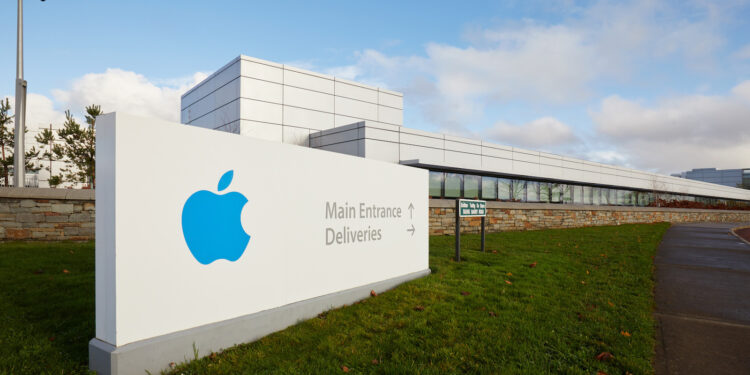Apple, the US tech giant, is once again at the center of a multi-billion dollar tax battle. After the European Court of Justice (ECJ) ruled that Apple must pay 13 billion euros in back taxes, the case has caused a stir internationally. This decision not only affects Apple but has far-reaching consequences for tax policy within the European Union (EU).
The tax practices of large multinational companies such as Apple are always the subject of criticism and legal disputes. The question of how these companies shift profits to countries with low tax rates in order to minimize their tax burden is a particular source of discussion. The case of Apple vs. the EU Commission is a prime example of this problem. The ECJ's decision marks a turning point in the question of how the EU will deal with tax avoidance by large companies.
The background of the case: Apple and Ireland
Apple has its European headquarters in Ireland and benefits from a particularly low tax rate there. However, the EU Commission has determined that Ireland has granted Apple an unacceptably low tax rate of 0.005 percent. According to the Commission, this special treatment violates the EU's state aid guidelines (via BBC News). These guidelines are designed to prevent companies from gaining an unfair competitive advantage through state subsidies or tax breaks. In 2016, the EU Commission decided that Apple must repay 13 billion euros plus interest to the Irish state. This money has been in an escrow account ever since, awaiting a final decision.
Apple's argument
Apple vehemently opposed the EU Commission's decision from the outset. The company argued that the profits of the two Irish subsidiaries were to be taxed in the USA. Apple therefore found itself wrongly taxed twice: both in the USA and in the EU. In 2020, Apple was initially successful before the EU Court. The judges ruled at the time that the EU Commission had not sufficiently proven that the tax breaks from 1991 and 2007 constituted inadmissible state aid. But the Brussels authority was not satisfied with this and appealed.
The decision of the European Court of Justice
Now, in 2024, the European Court of Justice has decided differently. The judges in Luxembourg overturned the 2020 ruling and ruled in favor of the EU Commission. The court ruled that Ireland had indeed granted Apple illegal state aid that must be reclaimed. This means that Apple must now finally pay the 13 billion euros. This ruling sends a signal to other companies and countries in the EU. It shows that the EU Commission is determined to take action against tax breaks that could distort fair competition within the internal market.
Impact on Apple and the EU
This decision is a major setback for Apple. Although 13 billion euros is a manageable sum for a company with a market value of over a trillion dollars, the damage to its reputation could be considerable. In addition, other countries could now take an even closer look at Apple's tax practices. For the EU, the ruling represents a major success in the fight against tax avoidance. It underlines the EU's determination to ensure that all companies pay their fair share, regardless of their size or power.
Apple under pressure: The ECJ ruling and its global impact
The European Court of Justice's decision that Apple must pay 13 billion euros in back taxes marks the end of a long-running legal dispute that could have far-reaching consequences for tax policy in Europe. For Apple, this is a setback, but for the EU, it represents a victory in the fight for fair competition. This case shows once again that the tax practices of multinational corporations are increasingly coming under the scrutiny of the authorities. It remains to be seen how other companies and countries will react to this groundbreaking ruling. (Image: Apple)
- iPhone 16 Pro or Pro Max? Differences at a glance
- No Apple Intelligence for Germany? Apple's plans for 2025





